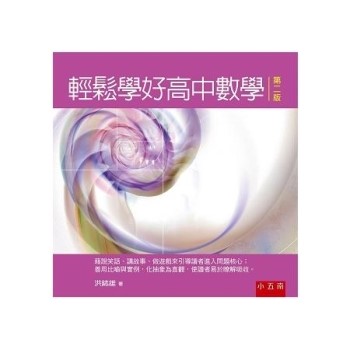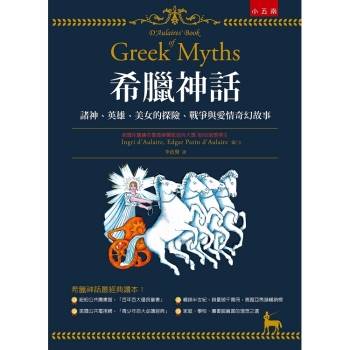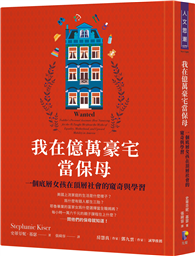Soviet Russia will conquer all the millions of problems that stand in its way, on one condition: as long as the cause of the political education of the broad masses of the people continually advances. We have nothing to be afraid of, if our people fully learns to distinguish who are its friends and who are its enemies. The trial of the Socialist Revolutionaries must and shall be a great step forward in the cause of the political instruction of the very broadest masses in town and country. (Grigorii Zinov’ev, Pravda and Krasnaia gazeta, 20 June 1922) For my part, I considered this trial to be unnecessary: the Socialist Revolu- tionaries had been beaten and represented no visible danger at all. (Charles Rappoport, Ma vie, Paris 1926-1927, Vol. 2, p. 80) The Bolsheviks seized power in Russia in October 1917 by staging a coup d’etat, and then established a dictatorship. The new rulers sup- pressed all armed resistance in a bloody civil war, after which they made every effort to uproot andexterminate even peaceful political opposition of all kinds. Even now it is impossible in the Soviet Union to subject these developments to critical historical study. The political opponents of the Soviet regime of the time are still regarded by official Soviet his- toriography as counter-revolutionaries and the measures taken against them are seen as completely justified.
| FindBook |
有 1 項符合
A Show Trial Under Lenin: The Trial of the Socialist Revolutionaries, Moscow 1922的圖書 |
 |
A Show Trial Under Lenin: The Trial of the Socialist Revolutionaries, Moscow 1922 作者:Jansen / 譯者:Sanders,Joseph 出版社:Springer 出版日期:2011-10-22 語言:英文 規格:平裝 / 232頁 / 23.39 x 15.6 x 1.35 cm / 普通級/ 初版 |
| 圖書館借閱 |
| 國家圖書館 | 全國圖書書目資訊網 | 國立公共資訊圖書館 | 電子書服務平台 | MetaCat 跨館整合查詢 |
| 臺北市立圖書館 | 新北市立圖書館 | 基隆市公共圖書館 | 桃園市立圖書館 | 新竹縣公共圖書館 |
| 苗栗縣立圖書館 | 臺中市立圖書館 | 彰化縣公共圖書館 | 南投縣文化局 | 雲林縣公共圖書館 |
| 嘉義縣圖書館 | 臺南市立圖書館 | 高雄市立圖書館 | 屏東縣公共圖書館 | 宜蘭縣公共圖書館 |
| 花蓮縣文化局 | 臺東縣文化處 |
|
|
圖書介紹 - 資料來源:博客來 評分:
圖書名稱:A Show Trial Under Lenin: The Trial of the Socialist Revolutionaries, Moscow 1922
|











